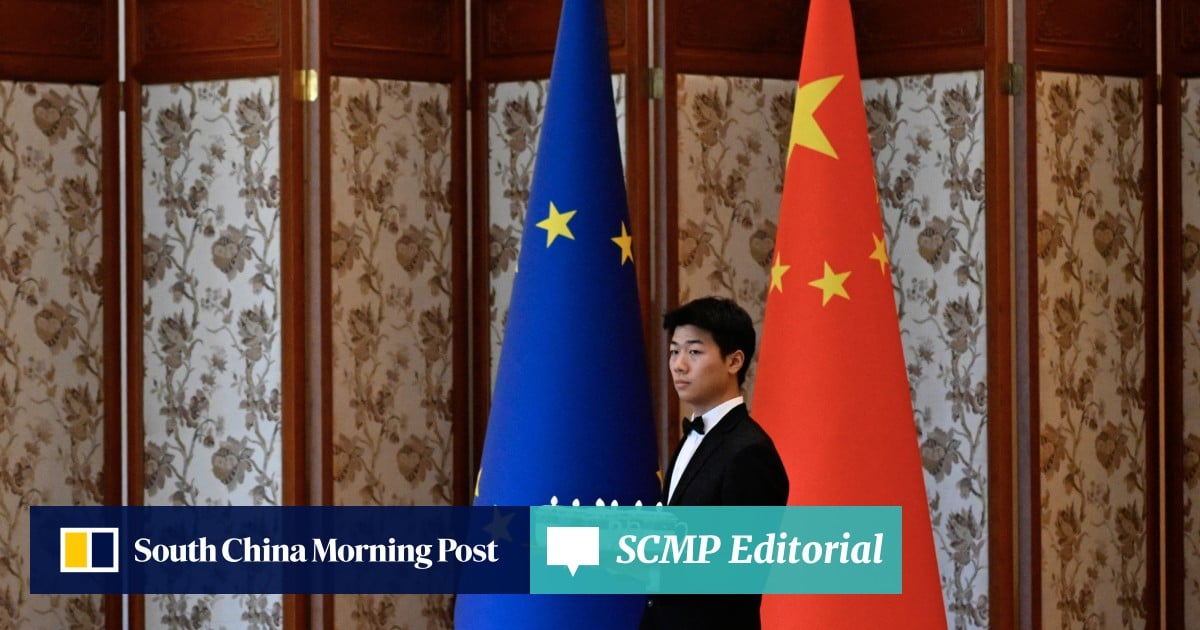Europe and China have been struggling for years with a trade relationship frayed by deficits, disputes and de-risking. Ties have remained troubled despite progress made at a high-level China-European Union summit in Beijing in July and last week’s Sino-US presidential talks.
So it was encouraging to see the continued optimism of China’s ambassador to France, who has been relaying Beijing’s hopes that Paris can help lead the European Union towards a truly independent role in efforts to build a stable multipolar world.
Ambassador Deng Li told the Post that Europe should strive to be more than an economic and cultural power and become a political force contributing to global peace and stability. France holds the key, he said, as the EU nation with the strongest tradition of independence and autonomy.
The 27-member bloc’s 2019 designation of China as a “partner, competitor and systemic rival” sent confusing messages and should not be a guiding policy. He called for a “clear main direction” and hoped Brussels would choose partnership as the focus of its relations with Beijing.
Some of the trouble stems from EU members trying to align or stay ahead of US trade strategies and White House tariff threats. One notable low point has involved the Dutch government seizure of the Chinese-owned, Netherlands-based Nexperia. The Hague took control of the semiconductor producer partly in response to the expansion of US export restrictions on blacklisted companies in September. Beijing responded with an export ban. Global supply chains, particularly those in the car industry, were left in limbo.
Since then, Washington has suspended a “50 per cent rule” that triggered the seizure in the wake of US President Donald Trump’s meeting with President Xi Jinping in South Korea. On Saturday, China’s commerce ministry started engaging with European companies to restart the flow of semiconductors.
